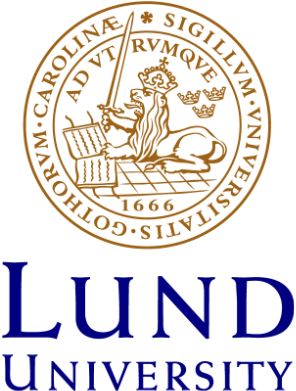Meanings of modal auxiliaries
Modal auxiliaries carry two main types of meaning. The first is knowledge-related (the technical term epistemic is often used for this type). Typical meanings in this category include possibility, likelihood/probability and logicalnecessity. The following examples illustrate this kind of meaning.
(1) The measure may be made more accurate by rating the sample two or three times. ('it is possible to make the measure more accurate') (2) New and more complete data are being gathered each year, so that reliability of the results should improve with time. ('it is likely that the reliability of the results will improve') (3) As the universe is unlimited, it must follow that space is infinite, but also that there must be an infinite number of atoms. ('it necessarily follows that space is infinite')As these examples illustrate, epistemic modals can often be arranged on a scale ranging from possibility to logical necessity. For the purposes of academic writing, therefore, it is important for writers to select the expression that best matches the strength of the claim that they want to make. To this type of meaning could be added the predictive/future use of will. However, this use of will is best discussed together with other kinds of expressions with reference to the future.
See the following link for different ways of referring to future time:
The second main type of meaning of the modals is related to different kinds of control of events, states, etc. that someone or something may have. Typical meanings in this category include obligation and permission, as illustrated in the following examples:
(4) Complex air pollution systems must be properly maintained and operated if they are to do do their job as intended. ('X is obliged to properly maintain...)As mentioned above, many uses of modals are less clear-cut than these examples, so the distinction between the two types of modals discussed here is often blurred.
(5) Physical restraints may only be used in emergency situations. (X is only permitted to use...)
Tense distinctions
All the modals except must come in pairs of present and past tense forms, e.g. can - could. Sometimes this distinction is used to differentiate between present and past possibility, likelihood, etc., just as with any other verb. Very frequently, however, the past tense form is used to refer to present time, in which it encodes meaning that is not related to time. For example, the use of might instead of may in the example illustrating the possibility sense above lowers the degree of possibility:(6) The measure might be made more accurate by rating the sample two or three times.This use is common in argumentative texts to introduce arguments, often hypothetical ones, or ones that are to be rejected.
(7) While it might be argued that almost any kind of conduct could be redefined as a form of expression, such a view would turn the right to freedom of expression into a licence to act in ways which no society would accept. (8) Some might claim that numerical measurements of well-being are impossible.The mitigating effect of the past tense modal is further illustrated in the following examples, where can and could are used with present, or perhaps even future, time reference.
(9) There are several different ways in which we can approach the problem. (10) We could approach the problem in another way, by calculating the average temperature in an area over a shorter period.
